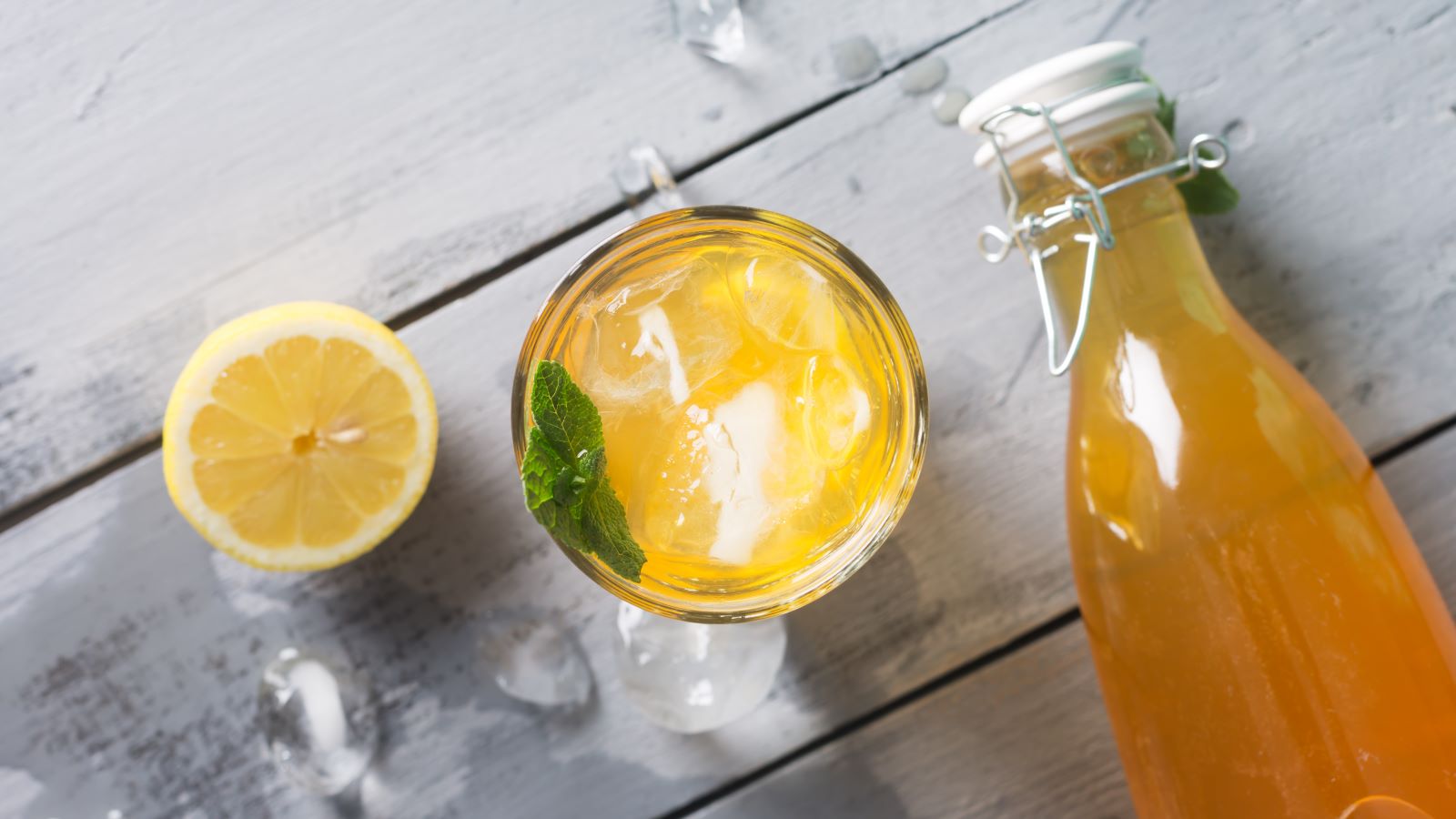<< Back
Are Prebiotic Sodas Good for Your Health?

November 03, 2023
Maybe you’ve seen prebiotic sodas – with their promises to boost your health – trending on social media or in the grocery store. But can a soda really be healthy?
With names like Olipop and Poppi, these carbonated beverages promise to boost your fiber intake and feed the microorganisms living in your gut. But don’t stock up just yet. Experts say they aren’t a magic elixir.
“Prebiotic or probiotic soda may be a better alternative to conventional soda by typically containing less added sugar,” says Emily Lewis, RD, registered dietitian with Hartford HealthCare. “However, there is little to no evidence to support the many health claims associated with these drinks. More studies are definitely needed.”
First, what’s the difference between pre and probiotics?
Probiotics are living bacteria that can be ingested, and prebiotics are food for these bacteria. Eating foods or supplements containing both can help balance your gut bacteria.
“Prebiotic sodas contain substances such as inulin, a prebiotic form of fiber. This has the potential to boost gut health by feeding advantageous gut bacteria, and helping you reach the recommended daily fiber intake,” Lewis explains.
Both probiotic and prebiotic sodas are generally safe to consume, but there are a few drawbacks to consider. Namely, the most popular prebiotic ingredients – often listed as chicory root, inulin or Jerusalem artichoke – can cause gastrointestinal upset and affect anyone with irritable bowel syndrome.
> Related: Can Alkaline Water Help With Acid Reflux?
But there are plenty of other ways to boost your fiber intake.
Instead of relying on prebiotic sodas, Lewis suggests eating fiber rich foods, including:
- Whole grains like oats, wheats and barley
- Lentils, pinto and black beans
- Nuts
- Sweet potatoes
- Pumpkin
- Pears
- Berries
- Apples
- Avocado
- Broccoli
- Whole wheat pasta
Don’t forget to balance added fiber with fluids, especially water.
“Fiber can absorb water, which is good, but if you aren’t hydrated enough, it can cause constipation. To keep things moving, drink at least two liters of fluids each day,” Lewis suggests.